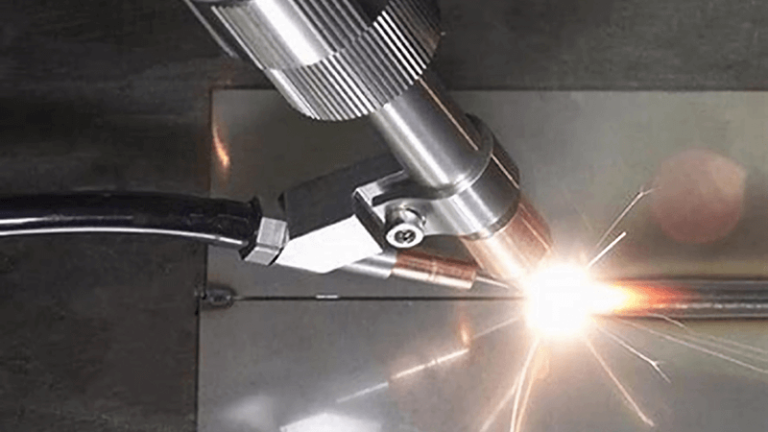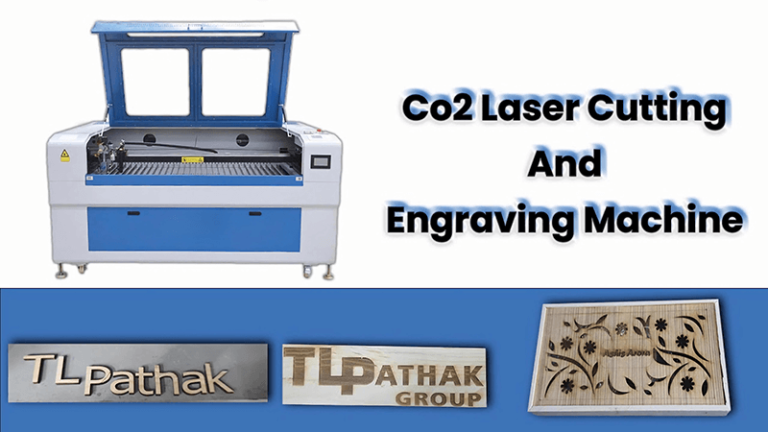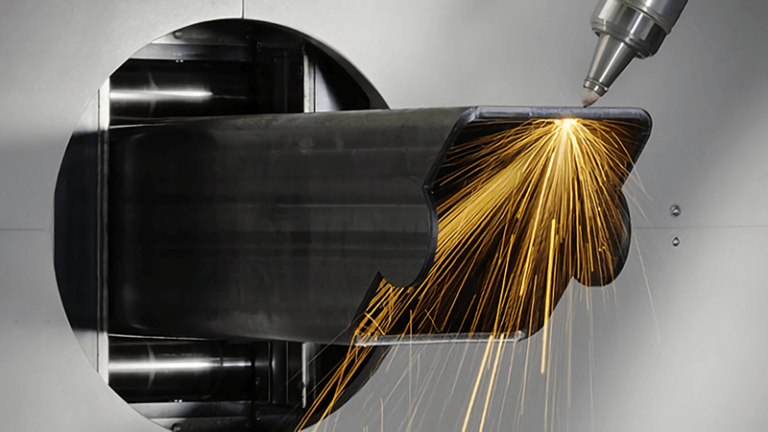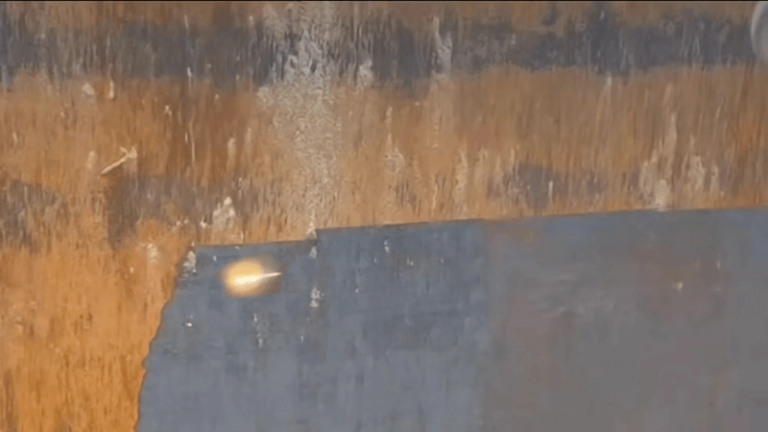Precision equipment is expensive, delicate, and difficult to maintain. Traditional cleaning methods often risk damaging sensitive parts or leaving residues behind. This creates higher maintenance costs, downtime, and frustration for industries that demand perfection.
A laser cleans precision equipment by using high-intensity beams to vaporize or eject contaminants while protecting the base material. The process is fast, safe, and ideal for sensitive components in industries like aerospace and medical devices.
The truth is, precision industries cannot afford mistakes. Laser cleaning offers a solution that combines efficiency, accuracy, and safety, making it the preferred choice for modern manufacturing and maintenance.

How does laser cleaning actually work?
Keeping delicate equipment clean is a constant struggle. Oils, rust, and carbon deposits build up quickly. Traditional cleaning methods often involve abrasive contact, harmful chemicals, or risky procedures that wear down the equipment itself.
Laser cleaning works by directing a focused beam of light at contaminants. The laser energy heats, vaporizes, or ejects unwanted material without damaging the substrate. The result is a clean surface that maintains the integrity of precision parts.
Breaking down the process
Laser cleaning is based on laser-material interaction. When the beam strikes the surface, it selectively absorbs into contaminants. The contaminants break apart, vaporize, or peel off as micro-particles. The underlying base material remains unaffected because it reflects most of the laser energy.
Why it matters
In our experience at Kirin Laser, clients often come to us after damaging parts with abrasive tools1 or harsh solvents. By switching to laser cleaning, they avoid secondary waste, reduce downtime, and protect expensive machinery.
| Step in Process | What Happens | Impact on Equipment |
|---|---|---|
| Laser Beam Applied | Targets contaminants directly | No physical contact |
| Energy Absorption | Dirt absorbs energy, heats, and breaks | Substrate remains safe |
| Removal | Contaminants eject or vaporize | Clean surface, no residue |
This simple yet effective mechanism explains why so many industries are turning to laser cleaning2.
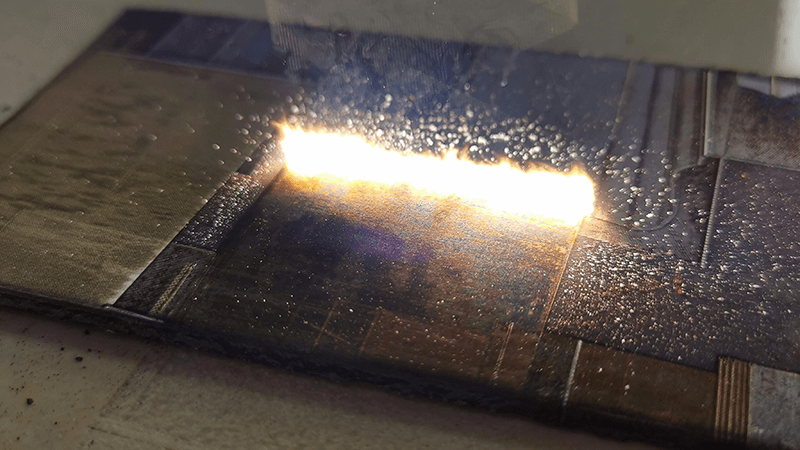
How do lasers clean metal?
Metal surfaces present unique challenges. Rust, paint, and carbon deposits cling tightly and often resist traditional cleaning methods. Mechanical tools scratch or deform the surface, and chemicals leave residues that interfere with performance.
Lasers clean metal by delivering controlled energy that strips away oxides, coatings, or deposits. The beam penetrates the contaminant layers without harming the base metal, producing a smooth and residue-free finish.
Precision in action
In one case, an aerospace client needed to remove carbon buildup from turbine blades. These blades were delicate, and any surface damage risked failure. Sandblasting was too aggressive, and chemicals posed safety risks. By implementing our Kirin Laser cleaning machine3, the client achieved spotless blades without damage, ensuring peak performance.
Applications across industries
Laser cleaning4 works for metals in aerospace, automotive, shipbuilding, and manufacturing. From removing rust on steel beams to preparing aluminum for welding, the process adapts to different needs with high reliability.
| Contaminant on Metal | Traditional Methods Risk | Laser Cleaning Benefit |
|---|---|---|
| Rust | Surface scratches | Precise removal |
| Paint | Chemical waste, uneven results | Clean and consistent |
| Carbon Deposits | Risk of abrasion | Safe, efficient |
When it comes to metal, lasers combine strength with precision, offering a solution no other method can match.

Is laser cleaning more effective than sandblasting?
Sandblasting has been used for decades. It is familiar, but it comes with downsides. It is messy, abrasive, and often harmful to both workers and equipment. In industries where precision matters, these drawbacks are costly.
Laser cleaning is more effective than sandblasting because it avoids abrasion, produces no secondary waste, and delivers precise results without damaging equipment. It also requires less safety oversight and reduces operational downtime.
Comparing side by side
Sandblasting uses high-pressure particles to erode contaminants. While this works, it also erodes part of the base surface. Lasers, on the other hand, use light, leaving the base material untouched. For precision tools and components, this difference is critical.
Real-world impact
A distributor we worked with replaced sandblasting5 with laser cleaning for preparing parts before welding. They eliminated abrasive residue, reduced worker protective gear costs, and sped up their workflow. Their return on investment was immediate.
| Factor | Sandblasting | Laser Cleaning6 |
|---|---|---|
| Equipment Damage | High risk | No risk |
| Waste | Large volumes | None |
| Worker Safety | Respiratory hazards | Minimal |
| Cost Over Time | High maintenance | Lower, predictable |
For businesses seeking efficiency, the comparison is clear. Laser cleaning outperforms sandblasting in every measurable way.
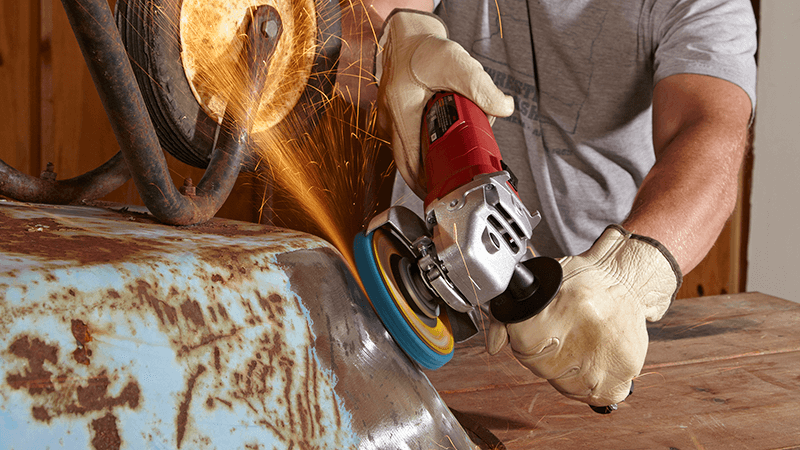
How does laser cleaning compare to chemical cleaning?
Chemical cleaning is another common method. It uses acids, solvents, or detergents to dissolve unwanted material. But it brings risks, from environmental hazards to worker safety issues, and often requires disposal of toxic waste.
Laser cleaning is safer and more sustainable than chemical cleaning. It avoids harmful waste, minimizes environmental risks, and achieves consistent results without relying on hazardous materials.
Safety and sustainability
At Kirin Laser, we care about sustainable solutions. Chemicals may clean effectively, but they require strict handling, storage, and disposal. Lasers need only electricity. This makes them safer for workers and better for the planet.
Practical results
A client in electronics manufacturing switched from chemical cleaning to laser cleaning for delicate circuit boards. They eliminated downtime caused by cleaning solutions, improved worker safety, and streamlined their compliance with environmental regulations.
| Factor | Chemical Cleaning | Laser Cleaning7 |
|---|---|---|
| Environmental Impact8 | Toxic waste | No waste |
| Worker Safety | Hazardous exposure | Safe operation |
| Efficiency | Slower, multi-step | Fast, single-step |
| Residue | Possible | None |
Laser cleaning is not only effective but also future-proof, aligning with stricter environmental standards and safer workplaces.
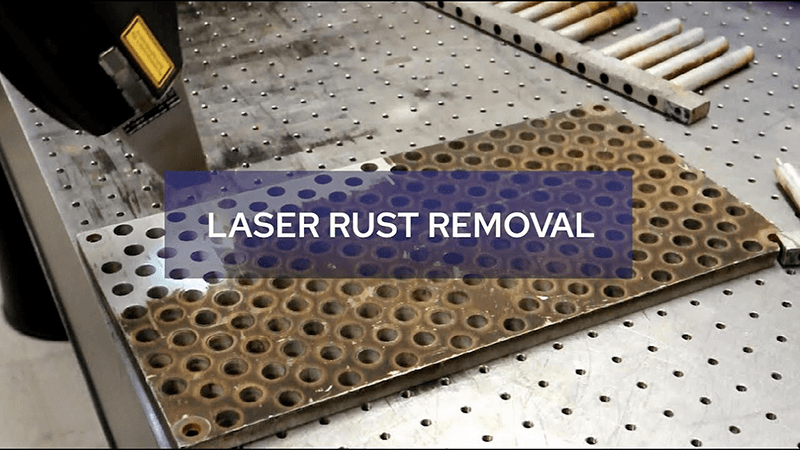
Conclusion
Laser cleaning machines9 are transforming how industries care for precision equipment. They remove contaminants with speed and accuracy, protect sensitive parts, and outperform sandblasting and chemical cleaning. At Kirin Laser, we see these machines as more than tools—they are solutions for modern industries that demand both performance and sustainability. Our mission is to help partners like aerospace clients, distributors, and manufacturers achieve results that keep them ahead in global markets.
-
Learn about the potential damage abrasive tools can cause and why switching to safer alternatives is crucial. ↩
-
Explore the advantages of laser cleaning to understand how it can enhance efficiency and protect your equipment. ↩
-
Explore this link to understand how the Kirin Laser cleaning machine revolutionizes metal cleaning with precision and safety. ↩
-
Discover the advantages of laser cleaning for various industries and how it outperforms traditional methods. ↩
-
Discover the drawbacks of sandblasting and why many industries are shifting towards more advanced techniques. ↩
-
Explore this link to understand how Laser Cleaning can enhance efficiency and safety in various applications. ↩
-
Explore the advantages of laser cleaning, including efficiency and environmental benefits, to understand its growing importance in various industries. ↩
-
Learn how laser cleaning minimizes environmental harm and promotes sustainability, making it a crucial choice for eco-conscious businesses. ↩
-
Find the best laser cleaning machine and laser cleaning solutions from Kirin Laser, clicking this link to get all your needs for your business. ↩


